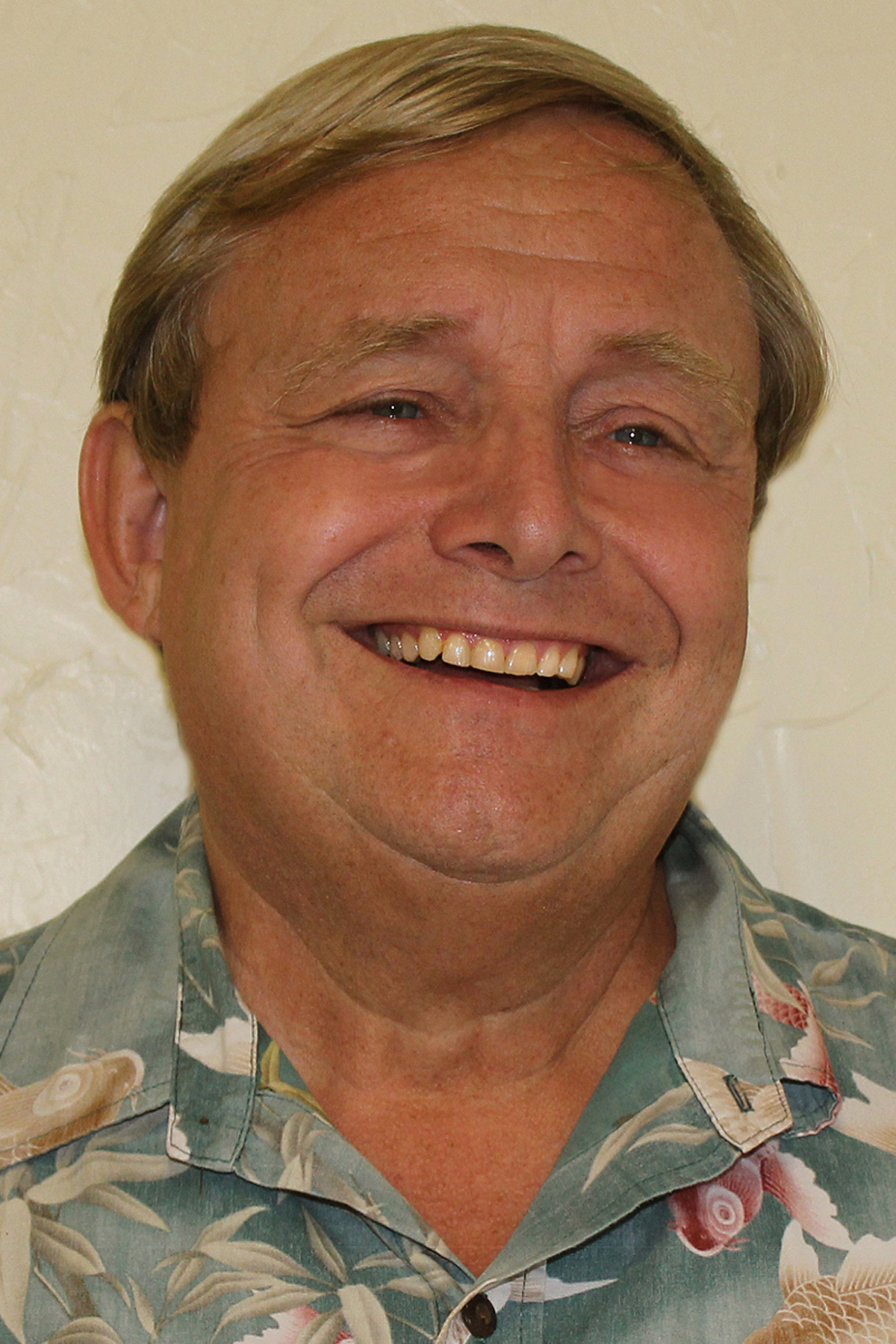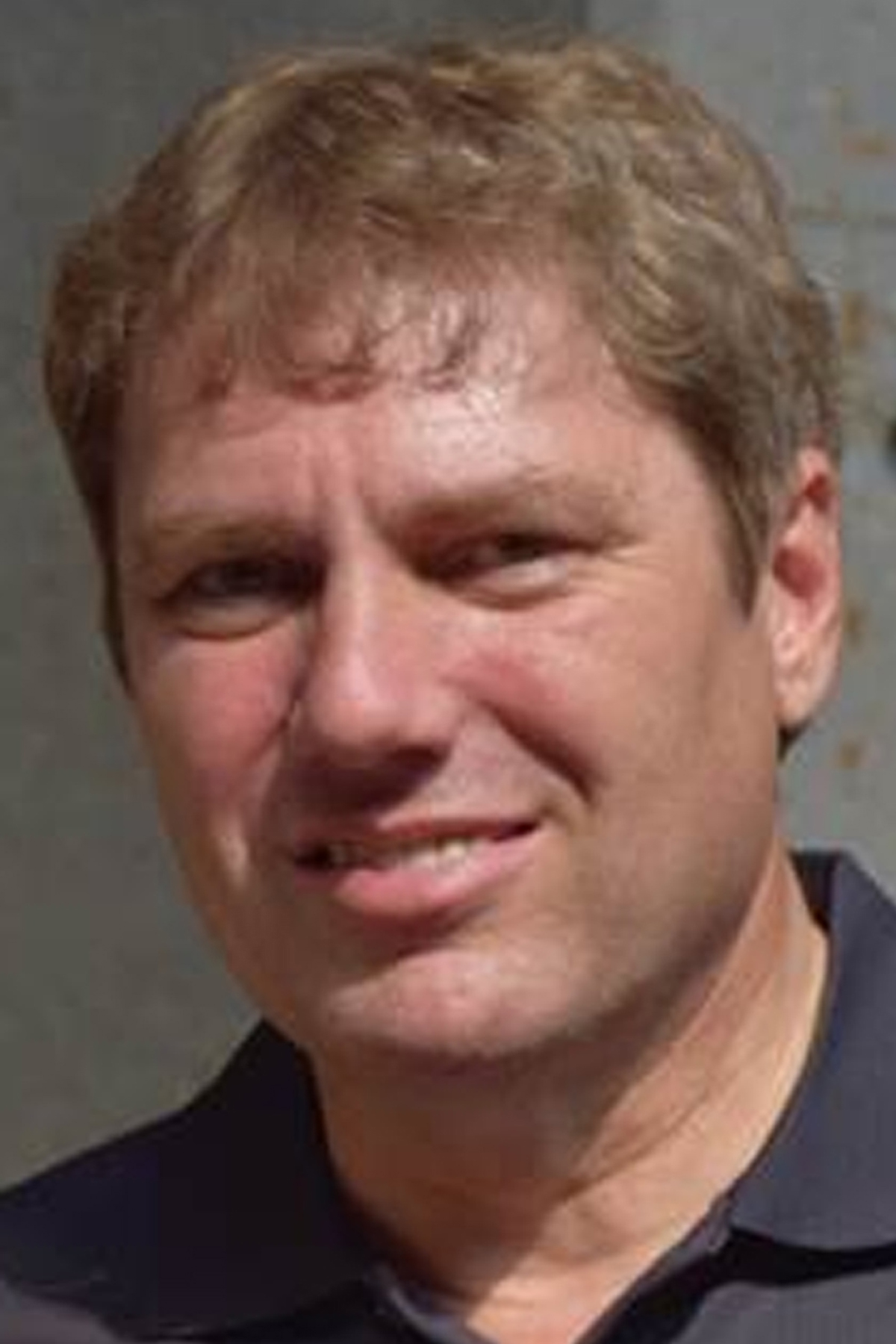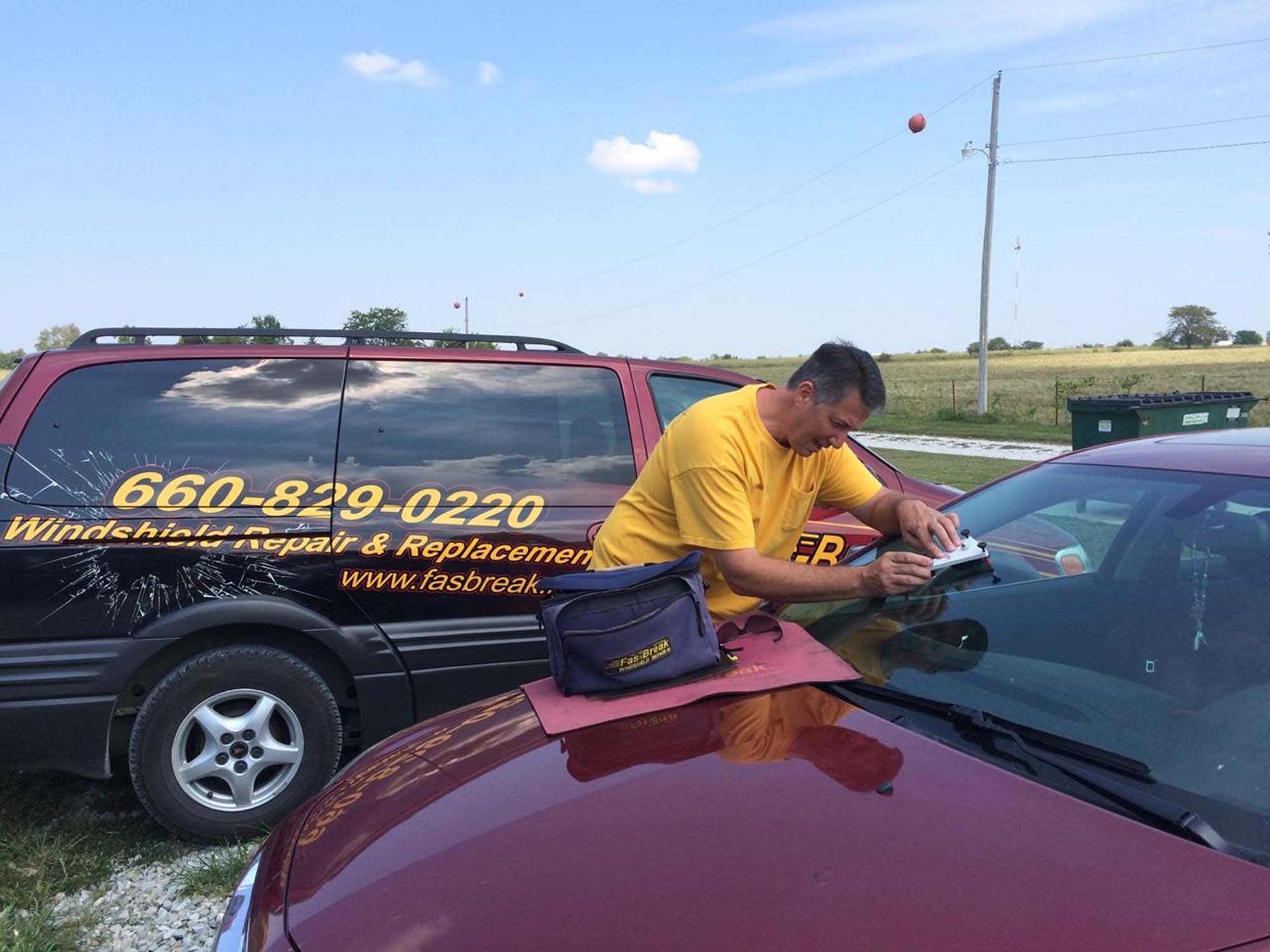
NASHVILLE (BP) — When Rick Lazor pastored Nuuanu Baptist Church in Honolulu with its six weekend worship services in four different languages, he never imagined he would one day join the ranks of bivocational pastors.
But each Sunday as he walked through the transitioning Kakaako neighborhood to meet his family for lunch, he felt burdened that the area had no evangelical churches. So he left Nuuanu nearly a decade ago to plant a congregation called OlaNui!, Hawaiian for “abundant life.” Economic realities at the new congregation of 45-60 weekly worshippers eventually caused Lazor to become bivocational.
In doing so, he joined the estimated 10,000 Southern Baptist pastors who are part-time or bivocational, according to the Caskey Center for Church Excellence at New Orleans Baptist Theological Seminary. Known for their work ethic and resourceful scheduling, such ministers comprise 23 percent of all Southern Baptist pastors and participate in a Baptist tradition dating back to the 17th century.
“I have never had more appreciation for bivocational ministry and the guys who do it than I do now,” Lazor told Baptist Press. “I’d never experienced it, and I don’t know how the guys who do it well do it.”
 In addition to his pastoral duties, Lazor works an average of 20-30 hours per week as a mover, home repairman and document filer — though he has worked as many as 62 hours. Such jobs have provided flexibility to integrate ministry tasks into his weekly schedule, but Lazor said he may soon have to find a 40-hour job — likely as a social worker, a field in which he has training.
In addition to his pastoral duties, Lazor works an average of 20-30 hours per week as a mover, home repairman and document filer — though he has worked as many as 62 hours. Such jobs have provided flexibility to integrate ministry tasks into his weekly schedule, but Lazor said he may soon have to find a 40-hour job — likely as a social worker, a field in which he has training.
Even with part-time work, the scheduling demands of bivocational ministry are unrelenting, Lazor said.
“I always wish I could do more,” Lazor said. Yet “this is what ministry is like almost every place else in the world. And probably in the United States, this is the model for the future.”
 Cliff Woodman, president of the Bivocational and Small Church Leadership Network, agrees. He told BP bivocational pastorates allow congregations to give more money to missions and present pastors with more opportunities to connect with people in their communities. For some churches, hiring a bivocational pastor is the only way they can afford a pastor at all.
Cliff Woodman, president of the Bivocational and Small Church Leadership Network, agrees. He told BP bivocational pastorates allow congregations to give more money to missions and present pastors with more opportunities to connect with people in their communities. For some churches, hiring a bivocational pastor is the only way they can afford a pastor at all.
Regardless of a man’s reason for entering bivocational ministry, life for such a pastor is challenging, Woodman said.
“He’s going to work 40 hours plus at his other job, because typically it’s a full-time job and it supports his house and his family,” said Woodman, full-time pastor of Emmanuel Baptist Church in Carlinville, Ill., who served previously as a bivocational pastor for more than 20 years. In addition to his secular work, a bivocational pastor has “got to get sermon prep in there. He’s got to get any hospital visits that he needs to do [and] any church visits that he needs to do.”
Woodman has known Southern Baptist pastors who also worked as contractors, auto parts dealers, travelling salesmen, engineers, auto glass repair technicians, pressure washers, carpenters, grocery store employees, truck drivers, coffeehouse baristas, riverboat chaplains, Southern Baptist Convention entity employees and Baptist state convention employees.
Woodman once worked simultaneously as a pastor, a salesman and an associational director of missions.
Making adequate time for family can be difficult for bivocational pastors, Woodman said, noting church and family each “have to take a back seat at times.”
Michael A.G. Haykin, professor of church history and biblical spirituality at Southern Baptist Theological Seminary, said bivocational ministry became “very prevalent” following the Reformation of the 16th century, especially among Baptists. Before that, full-time pastors predominated because most were supported by tax money. Additionally, the monastic movement yielded a large number of celibate pastors who could be supported cheaply since they did not have wives and children.
It was only when Baptists and other dissenting Christians in Europe broke from the state church model that bivocational ministry became necessary on a broad scale, Haykin said.
“For many Baptist ministers in the 17th and 18th centuries, if they didn’t work [in secular employment], there would have been no money,” Haykin told BP, “because their congregations simply couldn’t support them.”
Among early bivocational ministers was William Kiffin, pastor of Devonshire Square Baptist Church in 17th-century London who became a millionaire through trading — likely of leather goods. William Steele, a pastor in Hampshire, England, who died in the 1760s, was a timber merchant supplying planking to the British navy.
Benjamin Francis, pastor of a Baptist church with 1,000 members in Nailsworth, England, worked in business, farming and teaching because his 18th-century congregation could not afford to pay him. In Liverpool, the Baptist pastor worked as a pharmacist and was known to have people show up seeking medicine during Sunday worship services. He reportedly would have the congregation sing a long Psalm like Psalm 119 — a traditional worship practice in those days — while he mixed the medicine, Haykin said.
Today, bivocational ministers continue to find creative ways of balancing their secular and pastoral work. Shannon Smith, a Nebraska-based regional consultant for the Bivocational and Small Church Leadership Network, determined one way to do that was through the auto glass repair industry. In conjunction with Fas-Break, an Arizona-based windshield repair company, Smith helps pastors perform work that generally is covered by auto insurance policies and allows them to meet nonbelievers in their communities. The work also lets pastors set their own schedules and integrate ministry tasks into their workdays, said Smith, founder of Shepherd’s Friend Ministry, a resource for small church pastors.
“In essence,” Smith told BP of the windshield repair industry, “we have a multi-million dollar pastor-support fund waiting for these positions to be filled.”
Back in Hawaii, Lazor wonders whether an increased number of bivocational pastorates in Southern Baptist life could become a means for churches to increase their support of local, state, national and international missions and ministries.
“If we’re going to need to cut back on the budget necessary to put people out on the international mission field, like we’re doing right now, something’s wrong at home in the local church,” Lazor said. Bivocational pastorates “can realize reductions in our local expenses so that we can keep global missions hot.”

















